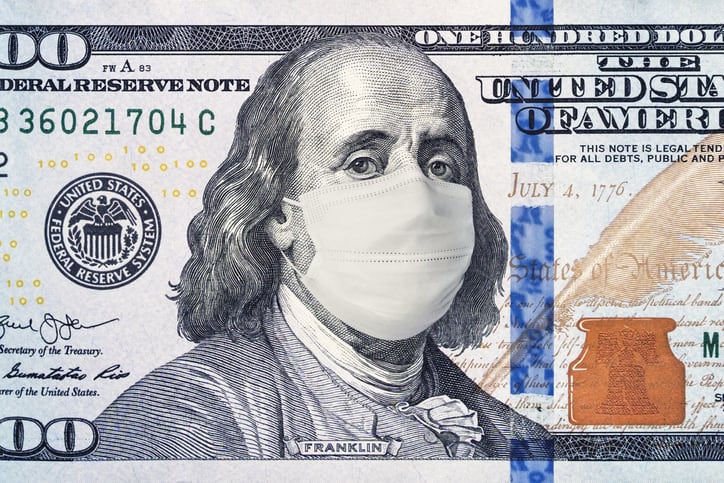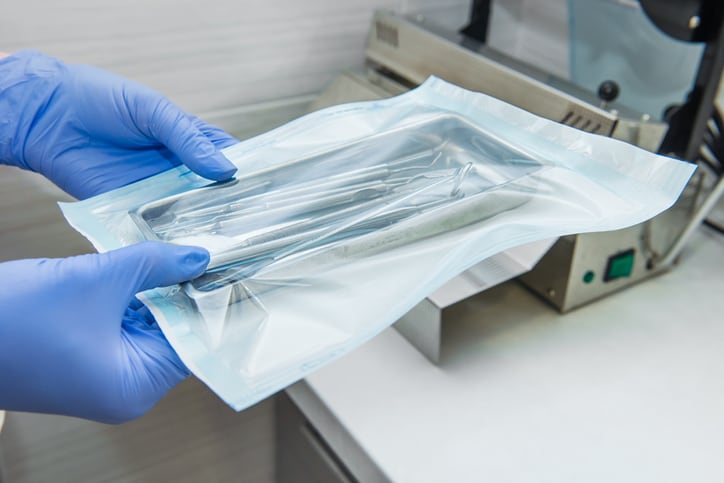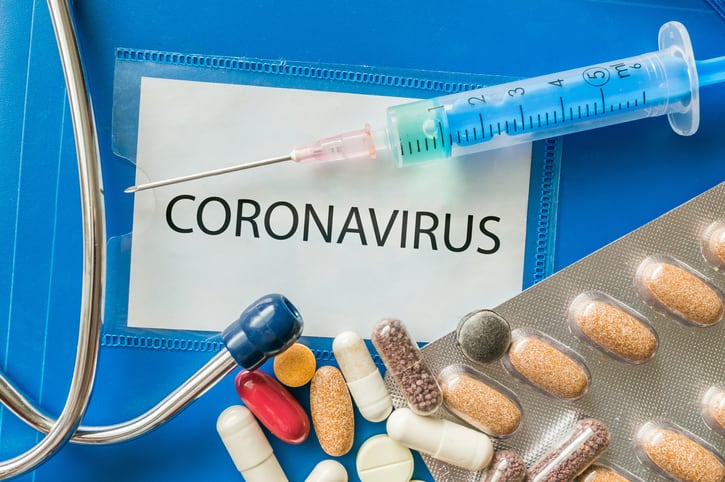First off, a caveat: To say companies are ‘profiting from’ the crisis sounds overly harsh, and is not meant to be so. But there has been a lot of ‘in crisis — opportunity’ like statements being made. And one of these ‘opportunities’ is the opportunity to make money.
Any business that aims to operate for the long has to turn a profit, and preferably every year. And even a company that could be cast as cynically making hay while the pandemic sun shines is still keeping people employed, which is an important service in and of itself in this time of unprecedented job losses. Surviving this year is going to be a grave challenge for many firms, and the more that can stay in business, the better.
Cynical profiteers
Certainly there are cynical profiteers on display. The Federal Trade Commission just announced a further 21 warning letters sent out to companies making improper disease claims. These run the gamut from dietary supplement companies, to those advocating injections of Vitamin C to stem cell clinics. One thing that unites them all in FTC’s view: They do not have adequate research to back their findings. According the US Food and Drug Administration, there is to date no approved treatment for COVID-19.
Putting the brakes on claims
Some industry stakeholders have moved to try to rein in potential excesses. The Global Organization for EPA and DHA Omega-3s (GOED) for example has warned members against making immunity claims connected to omega-3s. Any such claim in the current climate could be implied as COVID-19 treatment claim, and the trade group believes there is insufficient evidence to support either positive general or viral immunity outcomes in a healthy population.
Other immune health claims have abounded. Vitamin C and elderberry products have been flying off the shelves to the point that supplies have gotten very short, and astragalus and echinacea products are in high demand, too. I don’t doubt the people marketing many of these products honestly believe in their benefits, and argue that having an immune system loaded with all of the tools it needs to perform at peak efficiency is the best way to go during these pandemic times. You do get the feeling, though, that if some consumers misunderstand and believe these products will actually help fight the virus directly, well, that’s something these marketers are willing to live with.
Immune health heavy hitters stay on sidelines
Interestingly, a couple of companies that have dietary supplement ingredients that have actual, direct immune health data, Kerry with its Wellmune product and Embria Health Sciences (Cargill) with its EpiCor ingredient, have steered clear of any COVID-19 tie-ins. In a section on the virus on its website, Kerry merely says this: “We remain committed to providing the best possible immune health ingredient through our dedication to safety, efficacy and scientific research.” No nudge-nudge, wink-wink type statements like: “We can’t treat COVID-19, BUT . . .” Embria has chosen to avoid mentioning COVID-19 altogether.
Helping in other ways
Some companies have chosen to be of service in other ways. Several manufactures of CBD ingredients, companies that have existing large ethanol supply chains for their primary hemp extractions, have opted to apply for rapid OTC approval to transition into hand sanitizer production. In this way they are meeting a critical need in the marketplace while also bolstering their own operations.
There has been some question in the CBD markets about a mismatch between extraction capacity and demand. While demand for the existing consumer products has held steady, because the federal regulatory logjam on the ingredient seems to have stalled, big CPG players have held back in launching SKUs containing hemp extracts. This has left some of these companies holding the bag for big investments made to meet a demand which has not yet materialized. Making hand sanitizer could be a way to make use of equipment, keep workers on the job and help the broader community while trying to weather this particular storm.
Other companies in the dietary supplements and functional foods industries have worked to help people impacted by the crisis directly. Companies like Modere and Liquid I.V. have donated products to first responders and doTerra has launched a fund raising drive to raise money for personal protective equipment purchases for health care workers.
Companies will find a variety of ways to respond to this crisis, and how they go about capitalizing on these opportunities will say a lot about their corporate cultures.




